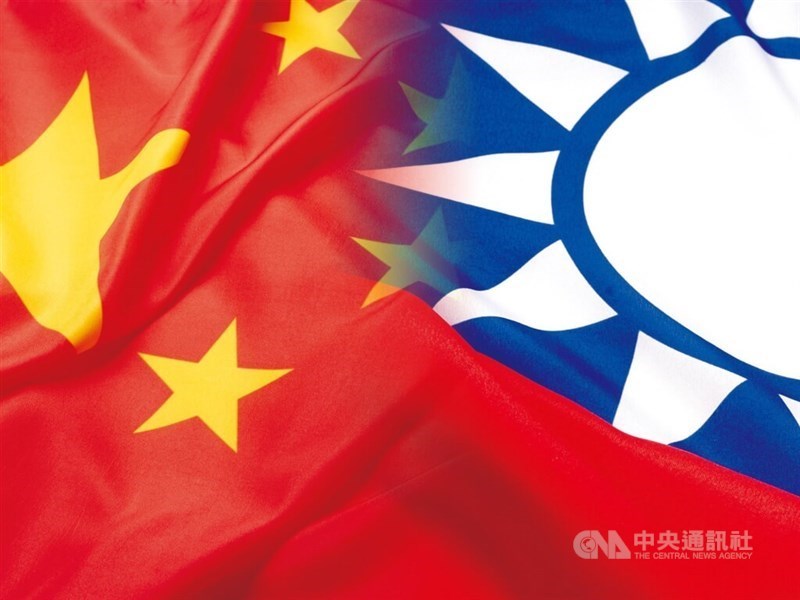
Taipei, Sept. 1 (CNA) As China prepares to stage a military parade Wednesday to highlight its role in the war against Japan during World War II, some Taiwanese scholars view the move as just another attempt at undermining the legitimacy of the Republic of China (ROC).
Wednesday marks Victory over Japan Day, as designated by the then-ROC government in 1945 in Chongqing following Japan's formal surrender the previous day. Beijing will commemorate the occasion with a series of events, headlined by a military parade at Tiananmen Square.
Beijing has long defined the Sino-Japanese War as a 14-year conflict starting with the 1931 Mukden Incident, when Japan staged an explosion on the South Manchuria Railway in northeastern China.
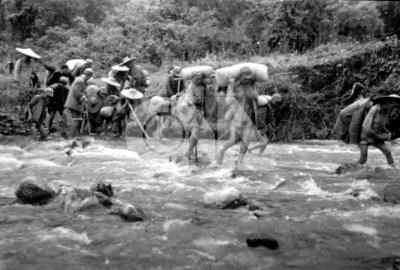
The more common interpretation, however, sees the Sino-Japanese War as an eight-year war starting with the 1937 Marco Polo Bridge Incident and the subsequent Battle of Shanghai.
Beijing's broader definition was highlighted in a speech by Chinese President Xi Jinping (習近平) during the 2015 ceremony marking the 70th anniversary of Victory over Japan Day and has been reinforced in Chinese primary and secondary school textbooks since 2017.
Commenting on the differing interpretations, Taiwanese scholar Li Fu-chung (李福鐘) told CNA that the 14-year war narrative reflects the Chinese public's view, while the eight-year version aligns with Chiang Kai-shek (蔣中正) and the Nationalist (Kuomintang) government, which later relocated to Taiwan.
Given the significance of the 1931 Mukden Incident and ongoing localized conflicts between China and Japan from that year on, Li, a professor of Taiwan history at National Chengchi University, said he would not dispute tracing the Sino-Japanese War back to 1931.
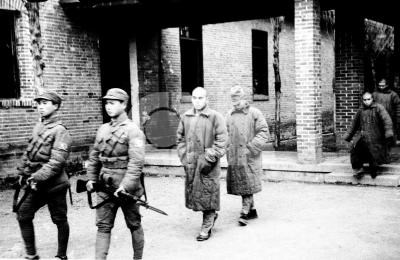
Still, he stressed that it was primarily the Nationalist government, rather than the Chinese Communist Party (CCP), that was resisting Japan.
Chen Shih-min (陳世民), who teaches political science at National Taiwan University, said Beijing's commemoration of WWII is aimed at portraying the PRC government, established in 1949, as the "rightful successor of China," thereby undermining the legitimacy of the ROC.
The PRC, having taken over the ROC's seat at the United Nations in 1971, has "claimed the ROC was effectively eliminated," Chen told CNA.
Beijing has sought to deny the existence of the ROC "through legal and information warfare," said Kuo Yu-jen (郭育仁), a professor at National Sun Yat-sen University, citing its interpretation of Resolution 2758 adopted by the U.N. in 1971 and the 1943 Cairo Declaration.
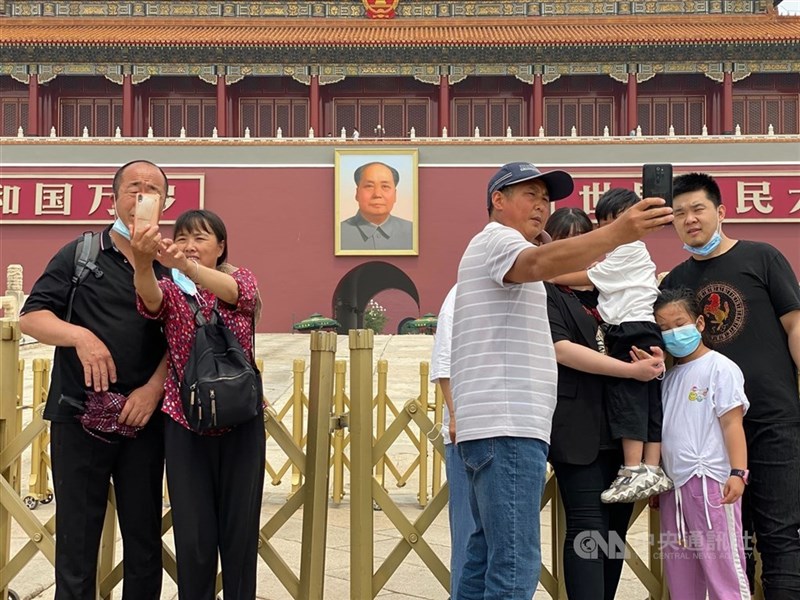
The U.N. resolution addresses the issue of the China seat in the U.N. by recognizing the PRC as the only legitimate representative of China and expelling the representative of Chiang Kai-shek.
It has been used by Beijing to justify its "One China Principle" that claims Taiwan as part of its territory, but Taiwan has criticized that view as a complete distortion of what Resolution 2758 says.
The Cairo Declaration was a press release issued by the leaders of the U.S., the United Kingdom, and China (then ROC) in 1943, which declared that territories taken by Japan, including Manchuria, Taiwan and the Pescadores, would be returned to the ROC after Japan's defeat.
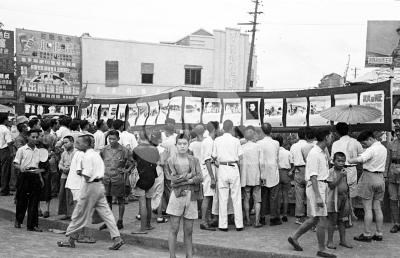
Beijing has argued that the Cairo statement provides a vital legal foundation under international law for China's claim to Taiwan and its surrounding islands, despite the fact that its formal legal status remains contested.
"The Cairo Declaration was just a press statement," said Chen. "Meanwhile, it was the ROC that the territories occupied by Japan were to be returned to, as stated in the statement, not China."
"The ROC has not ceased to exist," Chen said. "The ROC maintains diplomatic recognition from 12 allied countries and more than 100 countries recognize its passport."
To counter Beijing's WWII narrative, Chen urged Taiwan to lay out the historical record clearly, showing which battles against Japan were won by the ROC, which by the CCP, and the key role of the U.S.
Kuo stressed the importance of working with like-minded countries to issue statements reflecting Taiwan's perspective, warning that staying silent is tantamount to tacitly accepting Beijing's version of history.
-
Culture
Czech author reflects on cultural erasure under authoritarian rule
02/22/2026 04:35 PM -
Society
Nantou forest fire contained after 7 days; cause under investigation
02/22/2026 01:39 PM -
Culture
Director Tsou Shih-ching challenges gender norms in 'Left-Handed Girl'
02/22/2026 11:04 AM -
Society
Taiwan headline news
02/22/2026 09:43 AM -
Society
Highs of 25-30°C and sun forecast for Taiwan Sunday
02/21/2026 07:22 PM